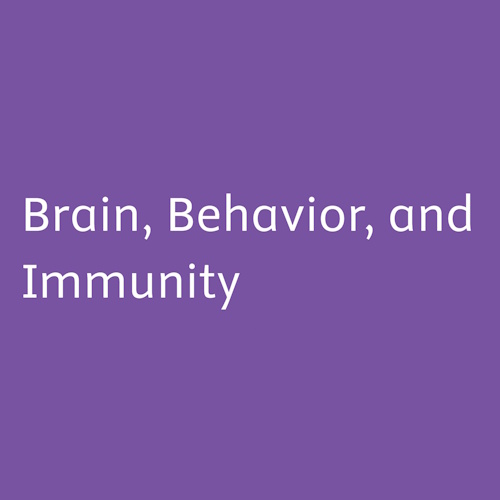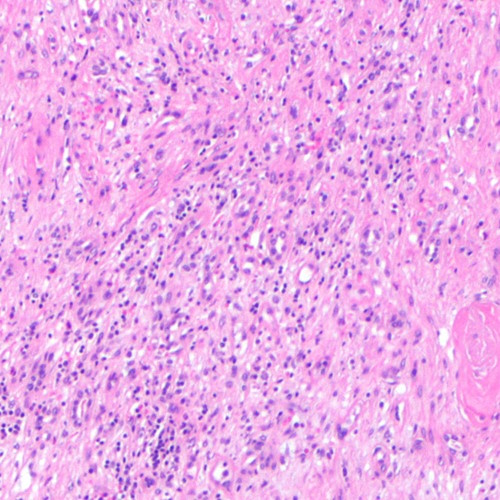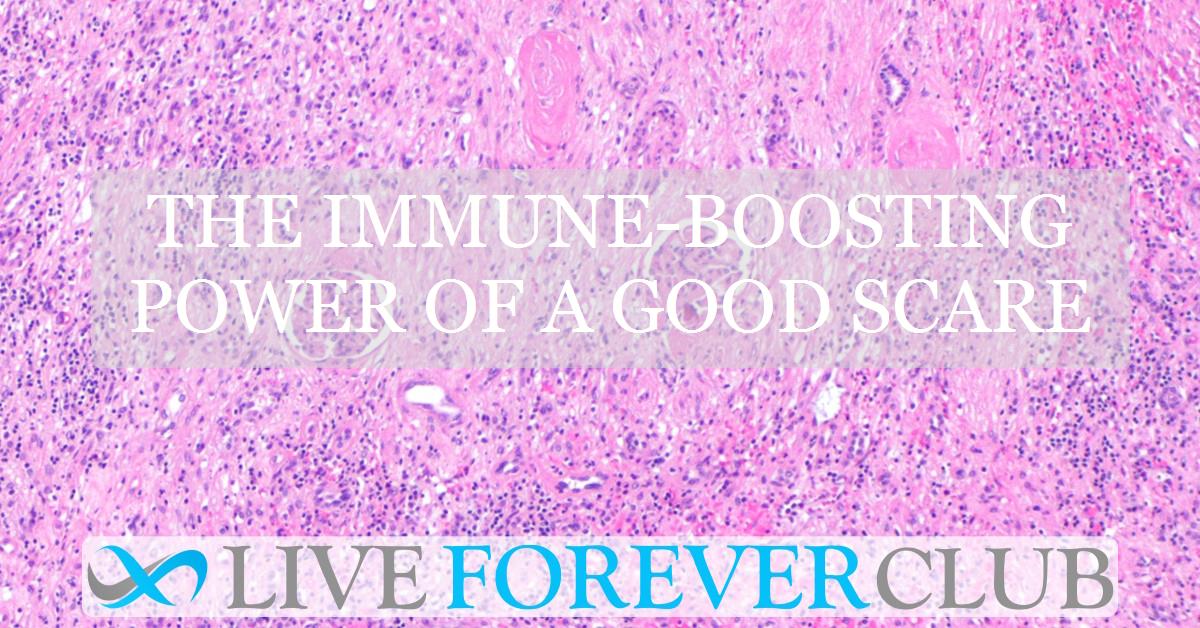Key points from article :
A new study published in Brain, Behavior, and Immunity explores a surprising question: Can the thrill of recreational fear, like visiting a haunted house, benefit our health? The research focused on whether voluntary scares could impact the immune system by measuring inflammation markers and immune cell levels in participants before, immediately after, and three days after a haunted house experience.
The study tracked 113 participants, measuring high-sensitivity C-reactive protein (hs-CRP), a marker linked to inflammation and long-term health risks. While the overall group didn’t show a significant change in inflammation, interesting patterns emerged. Those with initial low-grade inflammation experienced a decrease in hs-CRP levels three days after the scare. Additionally, immune cell counts dropped across the board, suggesting that recreational fear could have a calming effect on the immune system.
These findings hint that "safe scares" might help the body recalibrate its immune responses, similar to other brief stressors like cold exposure, which have been linked to reduced inflammation. While more research is needed, the idea of "scare therapy" for managing chronic inflammation could be a fascinating avenue for future health treatments.







